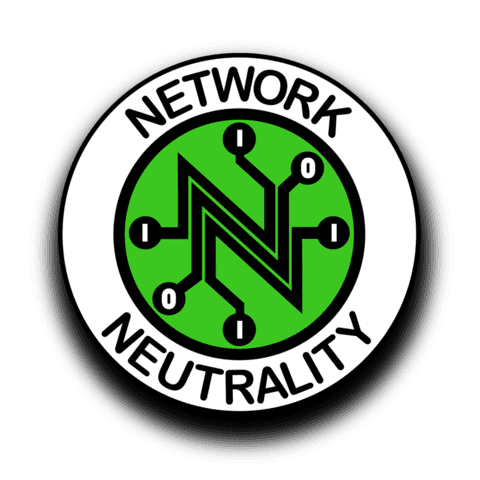Thomas, in his earlier post shared his views on the beneficial aspects of TRAI’s Ban on Differential Pricing. However, in this post I will try to bring forth the arguments of those in favor of differential pricing and how these arguments may be justified keeping in mind the Indian economy.
The whole country had been discussing back and forth with various ongoing campaigns of all kinds about Net Neutrality. The recent TRAI order prohibits all such data services which provided access to some websites for free, i.e. Zero rating platforms. The central aspect of the concept of Net Neutrality resolves around that the principle that all data should be treated equally, with no preference in speed or pricing to any particular set of content.
Order passed by TRAI, is based on the argument that allowing differential pricing will not actually connect more internet users to the real internet and not just free internet. But it would restrict the user’s use of internet. This will also not help people who don’t have resources to connect to internet, in the very first place.
The order of TRAI basically supports Net Neutrality and Open Internet. If you think that the debate is over, then you are wrong. Because the order passed by TRAI will open a floodgate for litigation, clarity, confusion and loopholes. Moreover, TRAI has stated that it may review the regulation after two years. However, India still doesn’t have a law on Net Neutrality yet, unless Parliament passes any such law.
Net neutrality is a new concept that has emerged because of changes to technology over the last few years. All Internet companies are regulated by the Information Technology (IT) Act, 2000. The Act does not prohibit companies from controlling their services as per their business interests. Current competition laws also apply to internet service providers.
In India, Net Neutrality has wide implications for start-ups, as most of them are dependent on the internet as a medium for the success of their business. A neutral Internet means a fair playing field for all rivals.
Telecom companies, anyways have to abide by the regulations laid down by TRAI. The regulation aims to serve the purposes of India’s telecom policy, i.e. not to ensure a free market for business, but to provide “secure, reliable and high-quality telecom services to all citizens”. The National Telecom Policy laid out in 2012- “Mandate an ecosystem to ensure setting up of a common platform for interconnection of various networks for providing non-exclusive and non-discriminatory access.”
Zero ratings ensure that a TSP or ISP could declare a service or an app as free, and usually these are services that the company has tied-up with. A benevolent scheme no doubt, but a violation of Net Neutrality all the same.
As many Indians still don’t have access to data or mobile Internet because it is expensive, then the zero-ratings could be a possible solution to increase the numbers of netizens in India.
Facebook CEO Mark Zuckerberg has defended Internet.org saying while network operators shouldn’t discriminate between services, “for people who are not on the internet though, having some connectivity and some ability to share is always much better than having no ability to connect and share at all. That’s why programs like Internet.org are important and can co-exist with net neutrality regulations.” Zuckerberg isn’t the only one making an argument for Zero-rating apps. In a paper for Brookings Institute, Darrell M. West argues that zero-rating apps can actually help improve data access to those who can’t afford it. As an example, the paper points out how “in Paraguay, an Internet.org project has generated an increase in “the number of people using the internet by 50% over the course of the partnership and [an] increase [in the] daily data usage by more than 50%.” In addition to this the paper says that, African nations have reported substantial upticks in Internet usage following introduction of Facebook Zero. If zero-rating can exist in an environment of competition, only then it’s a good thing .
While arguing against net neutrality, ISPs argued that being allowed to charge more for certain services, like for video calls over Skype, to be on a fast lane, would reduce congestion on their networks and make the internet better for everyone. Without it, they have argued, all of us will suffer under the wrath of slow internet. This also prevents telecom operators from making money from those services that use the internet a lot. Service providers have claimed that without the freedom to charge differentially, and with falling revenues for voice calls and SMS, they won’t have the funds to invest in building more infrastructure for the net and thus impacting innovations negatively.
Considering the fact that India is in desperate need for innovation and that innovation needs investment and investments can be made primarily by sources capable of making such investment – how far will the TRAI decision benefit the economy? This remains to be seen.
Authored by Sambhabi Patnaik
Image Source/Attribution here, the image is in public domain.



